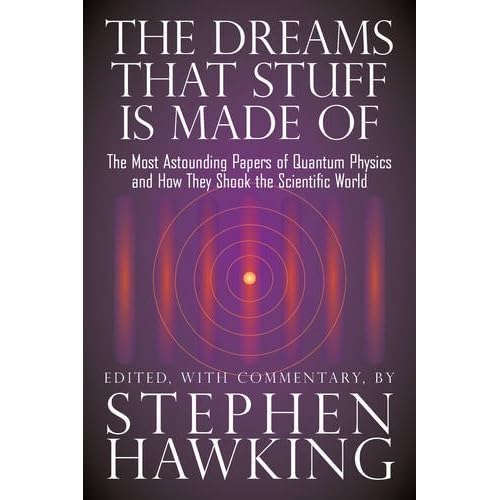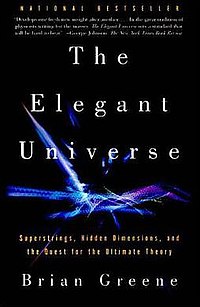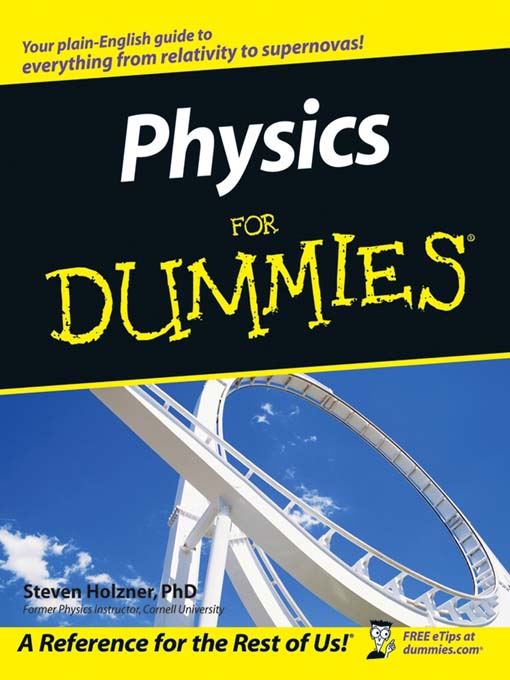While surfing around the web I found many interesting stories and urban myths about science. One of them is about a blind girl who sees a flash on an atom bomb.
A Blind Girl Sees a Flash of an Atomic Bomb
The first story is about an atomic bomb. As the story goes, during a testing of an atomic bomb in 1945 a blind Mexican girl saw the explosion. The interesting part about this story is that it's true. Now, it's quite clear that there are many ways to feel an atomic explosion without actually seeing it in some way. Thus it's not clear how the girl felt the explosion. Still it's an amazing story.
Now I like this story, because it's about atom bombs. I mean there are many subjects, which both scare and fascinate people these days. Ghosts, evil spirits, ufos and other paranormal phenomena - all of these subjects are always popular in the modern myths and legends. However, there is another group of subjects, which are even more fascinating. It's the real stuff. And by that I mean serial killers, unexplained scientific phenomena, terrorist attacks, nuclear explosions and so on. All of these things are even scarier, because they might just happen to you...
Atom bombs fascinated people ever since the first tests and explosions at Hiroshima and Nagasaki in 1945. After all, what can be more fascinating and horrifying at the same time than the most deadliest weapon, which can kill thousands in a matter of seconds. Thus I dug up some interesting facts about nuclear bombs and explosions. Enjoy!
1. There are still some 26,000 nuclear warheads in the world, enough to destroy civilization many times
over and destroy most life on earth. Nuclear weapons make humans an endangered species.
2. More than 95% of all nuclear weapons are in the arsenals of the US and Russia.
3. The average nuclear weapon in the US arsenal is approximately eight times more powerful than the
nuclear bomb that destroyed Hiroshima, immediately killing some 90,000 people.
4. There are currently nine countries with nuclear weapons (US, Russia, UK, France, China, Israel, India,
Pakistan and North Korea).
5) In the aftermath of the Cold War, a variety of
new nuclear threats have emerged. Among these are the following dangers:
• Increased chances of nuclear weapons falling into the hands of terrorists willing to use them;
• Policies of the US government to make nuclear weapons smaller and more usable;
• Use of nuclear weapons by accident, particularly because of decaying Russian infrastructure; and
• Spread of nuclear weapons to other states that may perceive them to be an “equalizer” against a more
powerful state.
6) The cost of US nuclear weapons research,
development, testing, deployment and maintenance has exceeded $7.5 trillion.
7) Cost of the Manhattan Project (through August 1945): $20,000,000,000
8) In ten minutes, a hurricane releases more energy than all the world's nuclear weapons combined!
9) Belarus received 70% of the contamination from Chernobyl.
Neighboring regions are often hit hardest in the event of a nuclear disaster, and that’s been especially true in the case of Belarus. Located just 10 miles away from the Chernobyl Nuclear Power Plant, scientists estimate that this landlocked country was hit by 70% of the radioactive outburst.
10) Nuclear rain from the Chernobyl disaster fell as far away as Ireland.
11) Chernobyl disaster remains the only Level 7 incident on the International Nuclear Event Scale. That is, it's the biggest man-made disaster in human history.
You might be interested in:







 4:46 PM
4:46 PM
 silentbob14
silentbob14






















